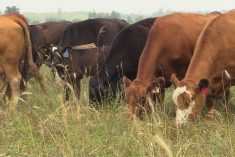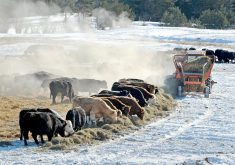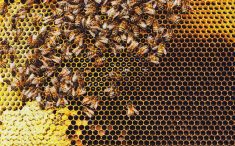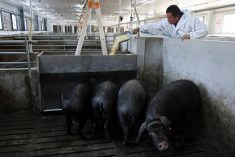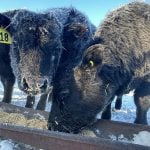A new round of funding for climate change research at four British Columbia universities will include some backing for study of changing climates’ effects on crops and rangeland.
The Pacific Institute for Climate Solutions (PICS), a collaborative effort of Simon Fraser University and the Universities of B.C., Northern B.C. and Victoria, on Monday announced over $250,000 for 22 fellowships, including seven extensions of previous scholarships.
Of those, two Ph.D. candidates at SFU’s School of Resource and Environmental Management will get funding to look at policy decisions that can be made to address climate change’s impacts on farming and ranching.
Read Also
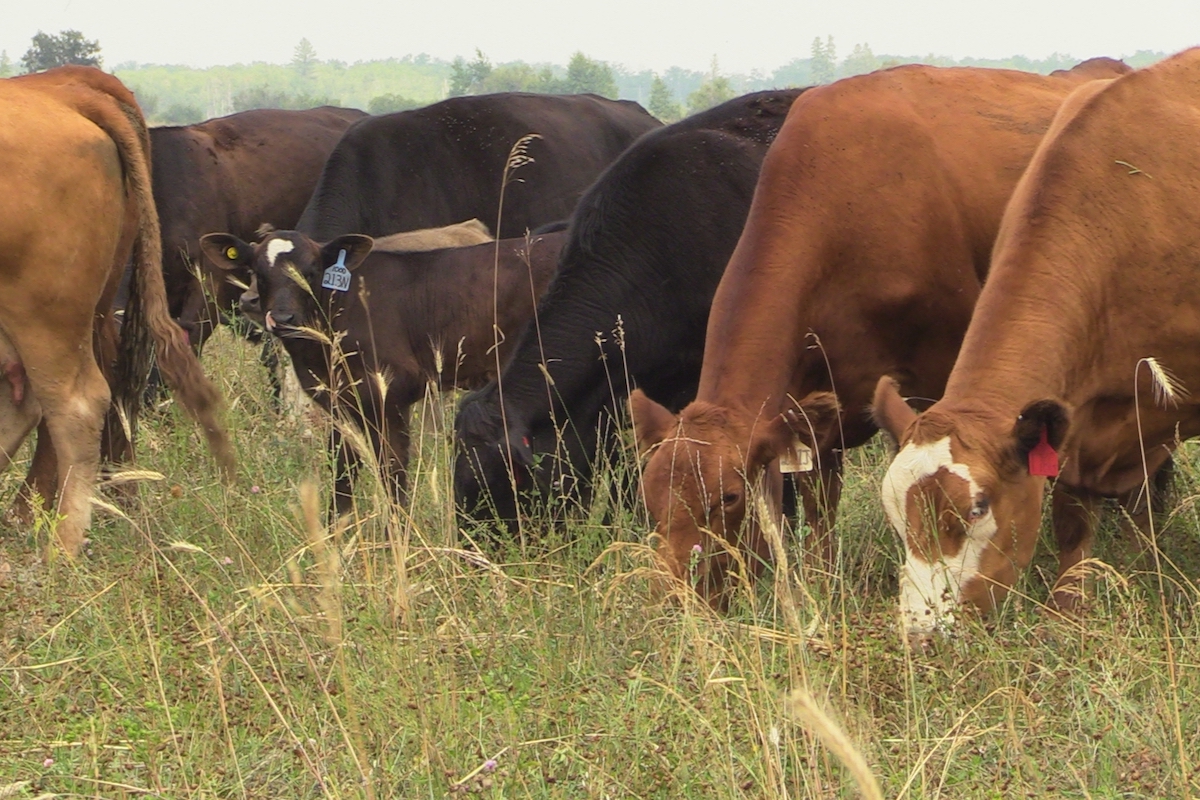
Beef industry weighs in on AAFC research cuts
The Canadian Cattle Association and Beef Cattle Research Council said cuts to federal research centres and programs will have long-term debilitating consequences for the beef industry.
Rupananda Widanage’s study will examine the impact of climate change on “biological invasion” and the resulting economic loss for ranchers, PICS said.
Previous research shows human activities have caused “alterations in species distribution” in rangelands across North America by creating competition between invasive plants and grass species, PICS said in its release.
This in turn has reduced the forage available for cattle’s use, diminishing both the animals’ gain and profitability in the livestock industry, the institute said.
Widanage’s study, PICS said, will also explore how different policy options such as taxes, subsidies and community-based management can help mitigate those impacts. The results are expected to be used to inform and assist the province’s ministry of forests and range with its policy decisions.
PICS will also support work by SFU’s Rose Elise Murphy, who will research various policy options relating to maintaining and expanding forested areas.
The handling of such areas has “important implications” in managing climate change, PICS said, given that trees remove carbon dioxide, a greenhouse gas, from the atmosphere. Carbon is sequestered in the trees themselves and in forest soils.
Murphy’s research is expected to test policies for how they might shift land-use choices between agriculture and forest, with implications for carbon sequestration.


